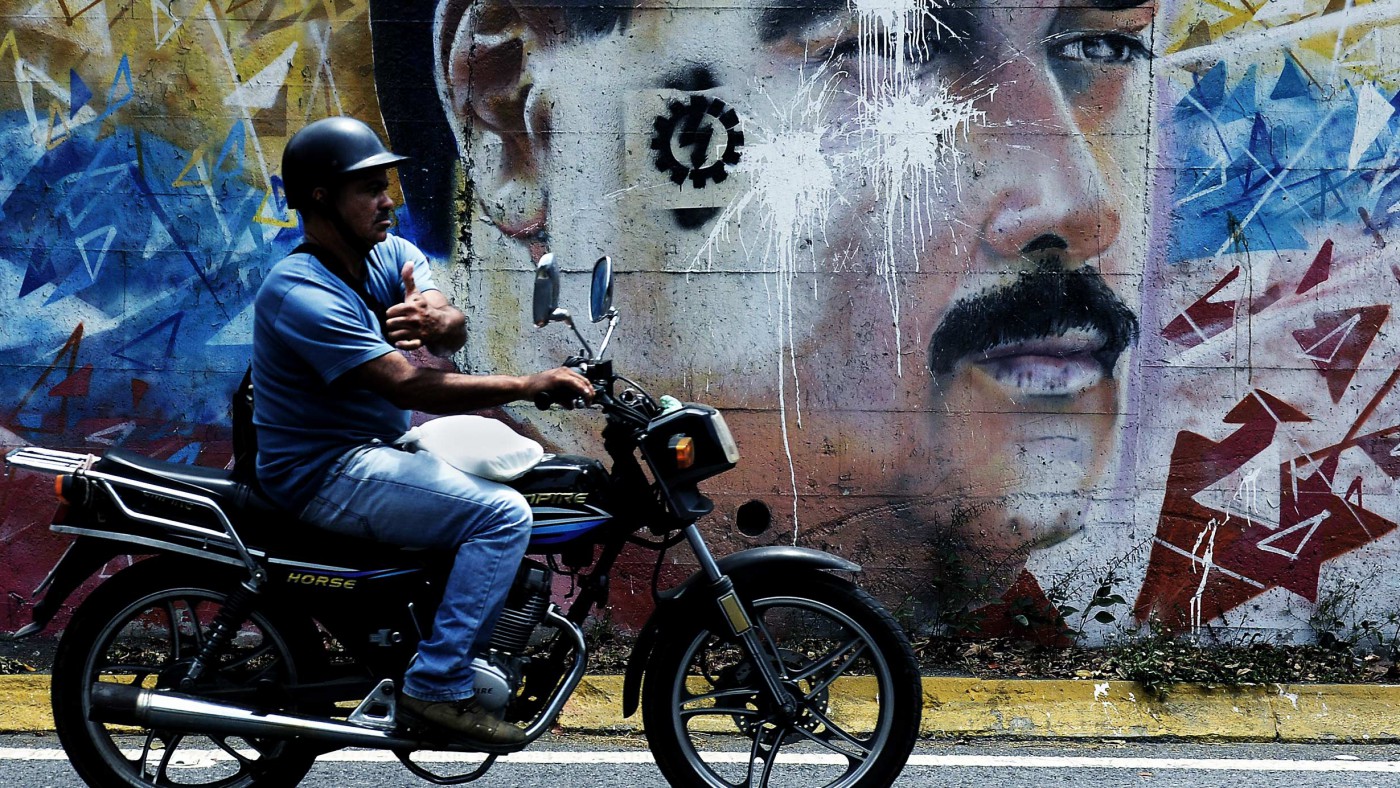What is going on in Venezuela? In a country that earned $800 billion during the oil boom, people in the capital queue for hours in the street for essentials like toilet paper. Inflation is above 60%, but capital controls prevent citizens from taking out their money and leaving. Meanwhile the regime restricts independent televisions stations and newspapers, and people have been jailed posting anti-government statements on twitter. The Bloomberg Quick Take on the country begins “Venezuela has more oil than Saudi Arabia and more poverty than Brazil”, and as CapX writer Gerald Warner notes, “[under Chavez] oil-rich Venezuela became the only country in the world to boast a Minister for Electricity Shortages”.
All this is well known in the West, to the point that even the openly left-leaning New Statesman admitted in March that “Venezuela has gone from the Left’s great hope to a scene of despair. We must speak out, or be discredited.” The tragedies facing the people of this corrupt, exploitative country are no longer news to us.
They especially weren’t news last week, when every media outlet and newspaper reader in Britain was focussed 100% on the election. So when the Guardian published a short piece early on Friday morning about Venezuelan motorcyclists being killed, it was quickly submerged in a sea of election coverage.
It shouldn’t have been. The story is horrifying, and reveals much about the dark-side of a socialist state. Shortages of basic goods, from food to fuel, have led to a sharp increase in crime and situations “where police officers are gunned down for their weapons, trucks ambushed for merchandise and commuters held up for cellphones.” Now the shortage of motorcycle parts is so severe that bikers are being attacked for their vehicles, and in some cases murdered.
This is the reality of price fixing and currency controls. If the price of motorcycle parts is set by the government, and imports are strictly regulated, vendors have no options when demand rises – they cannot increase their supply, and nor can they set their prices to the correct level. At best, this leads to queuing in the streets. At worse, it leads to dead motorcyclists.
The only way to solve this would be to liberalise the market and enable Venezuela to trade like every other country. Instead, what’s being proposed is… greater control via the state:
“Amid a tumble in oil prices, the cash-strapped Opec member has prioritized food imports and debt servicing, leaving less hard currency for other purchases. Montaño [a leader of Venezuela’s National Socialist Federation of Motorbikers] said he was calling on the president, Nicolas Maduro, to put the federation in charge of importing spare parts from China to prevent a further escalation of crime and alleviate the shortages.”
Price controls, be it on rents, train fares, energy prices, or virtually anything else may sound appealing for cash-strapped commuters or households struggling to pay the bills. But they come at a cost, and in Venezuela, that cost is no longer hidden. Next time price fixing appears in a party’s manifesto, the front page of every newspaper should show Venezuela, with its Minister for Electricity Shortages and dead motorcyclists.


